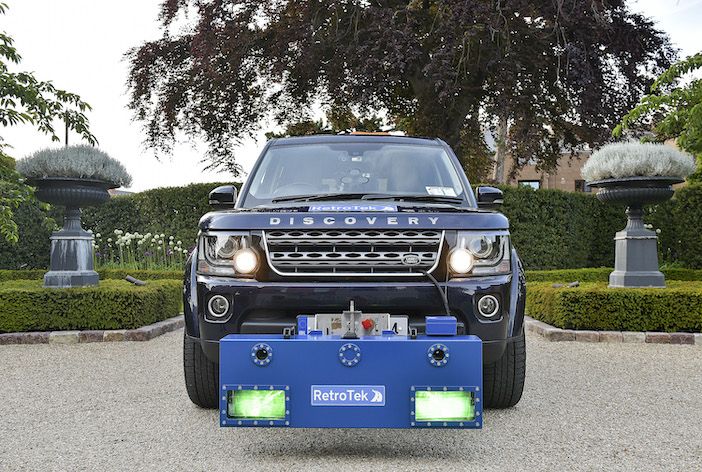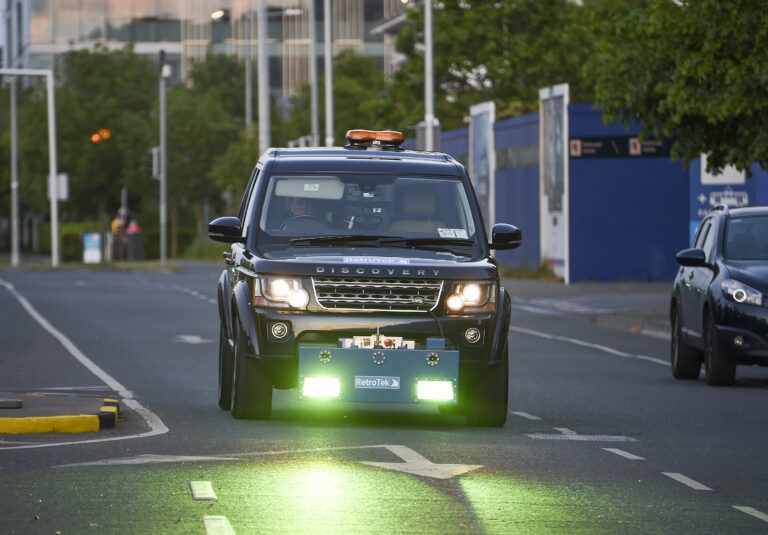Reflective Measurement Systems has launched its new RetroTek-D vehicle-mounted road-marking retroreflectometer in Australia.
The Australian road marking industry is currently undergoing significant changes, with initiatives in place to standardise on road markings across the territory. In addition, a recent Austroads research report made a series of recommendations to improve road markings in preparation for connected and autonomous vehicles (CAV).
Vehicle safety systems such as Lane Keep Assist (LKA) and Lane Departure Warning (LDW) systems rely on quality road markings to operate safely. As a result, the launch of the RetroTek-D could not have come at a better time for the Australian road marking industry.

The RetroTek-D is the first full lane width vehicle mounted retroreflectometer that can operate day or night that is certified to EN1436, ASTM E 1710 standards. As a front-mounted mobile system this innovation in road marking condition surveying can record retroreflectivity and day contrast ratio measurements for left, right and centre lane road markings /symbols and also the presence and absence of reflective pavement markers (RPMs/road studs), all in one survey, reducing survey travel costs by up to 50%.
The RetroTek-D uses the latest machine vision and LED projector technology combined with powerful QuickView-Pro GPS tracking reporting software offering the potential to radically transform retroreflectivity road marking condition surveys for road agencies and maintenance operators.
The RetroTek-D retroreflectometer system will be integrated into ARRB’s purpose-built reflectivity vehicles which join the national ARRB fleet. This enables ARRB to collect high frequency and high-quality data across the country as they assist road agencies to overlay multiple datasets including road safety risk data and additional asset management data to prioritise and program linemarking activities.
Michael Caltabiano, CEO of ARRB, said “Adding world best reflectivity data collection vehicles in our national fleet will provide the data required to identify where the greatest safety benefits can be gained from remarking, it will also enable surveys of the network to identify ‘road readiness’ for ADAS and CAVs.”





